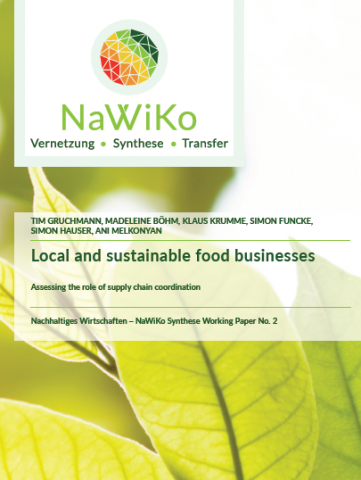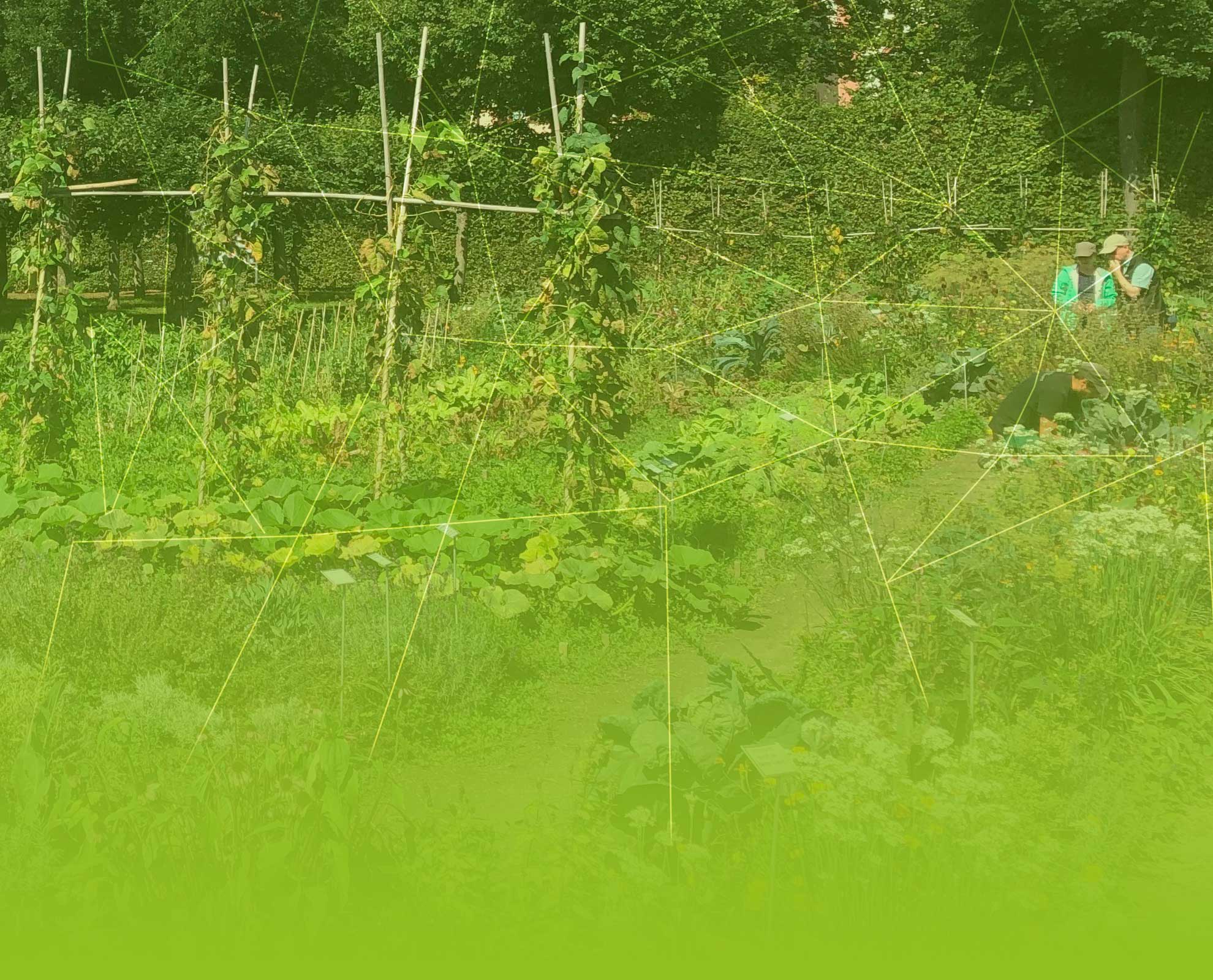
In food supply chains, products and services are continuously adapted to changing consumer demands. As the public becomes more concerned about environmental and social issues, sustainable business models are becoming more and more important. Altogether consumers' growing demand for local food has led to an increased importance of local food production and distribution networks.
In this context, the study analyses sustainability related practices in two local food production and distribution networks in Germany and Austria. Case studies help answer the question which business models can facilitate sustainable practices within the food industry. By comparing the two case studies, elements of sustainable business model in regional producer and distribution networks are identified, which have a particuar focus on logistical and financial coordination.
The working paper identifies key elements of sustainable business models in local food networks. It argues that for sustainable business models to be accepted by consumers sustainability aspects need to be stressed in external communication. In addition, implications with regard to the transferability and scaling of regional food businesses are higlighted.




